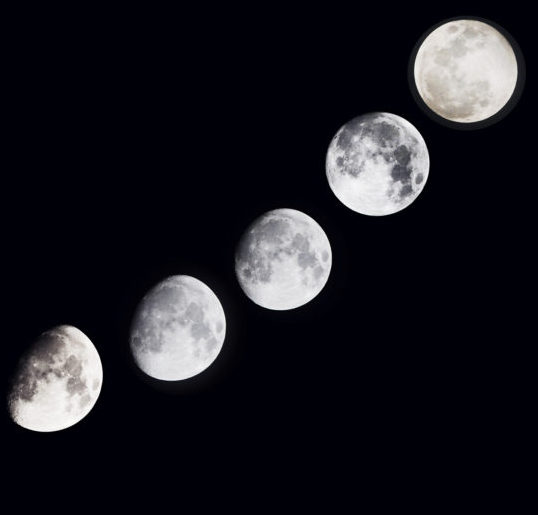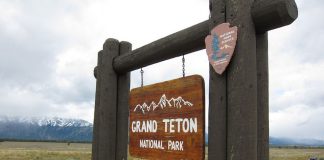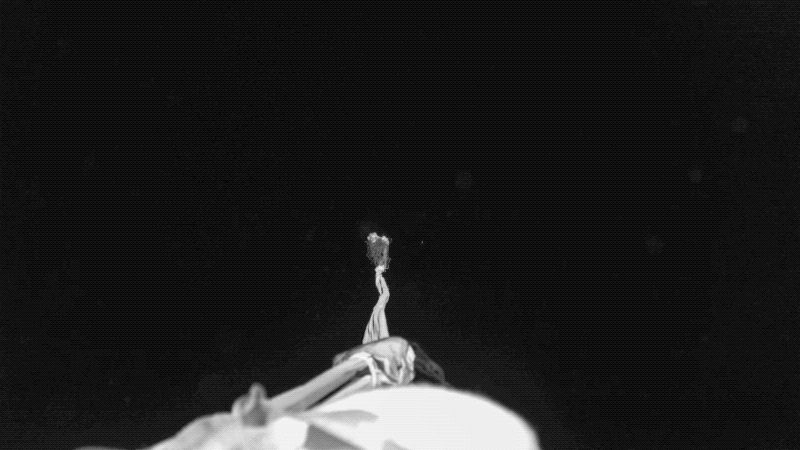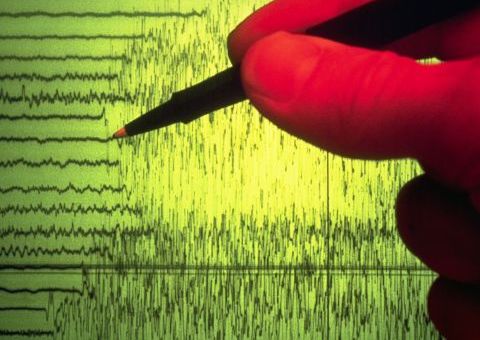Large earthquakes occur more frequently at New or Full Moon, scientists have said. Tidal stress is then at its maximum, and has the potential to impact tectonic tremors deep within subduction areas.
Ocean water is moved by the combined gravitational pull of the sun, moon and earth, which all line up in a row at high tide. Big quakes can occur when this added weight of tidal water strains geological faults, according to the study. Though this theory is not new, this is the first study to display a firm, statistical link.
“The probability of a tiny rock failure expanding to a gigantic rupture increases with increasing tidal stress levels,” the study said.
Precisely how large earthquakes occur is not fully understood, but scientists say they may grow via a cascading process where a tiny fracture builds up into a large-scale rupture. If so, the authors’ results imply that the likelihood of a small fracture cascading into a large earthquake are greater during high tides.
The study was led by Satoshi Ide, a seismologist at the University of Tokyo and appeared in the peer-reviewed British journal Nature Geoscience.
Ide found that some of the most devastating recent earthquakes, such as the 2004 Sumatra quake that killed 230,000 people and the 2011 quake in Japan that killed 15,000, both hit during periods of high tide. In fact, his research team determined that nine of the 12 biggest quakes on record happened near or on days with full or new moons.
The scientists found no clear correlation between high tides and small earthquakes.
The study could help improve earthquake forecasting, the authors say, in places that are especially vulnerable to high seismic activity.
“Scientists will find this result, if confirmed, quite interesting,” said University of Washington seismologist John Vidale, who was not part of the study.
He cautions that “even if there is a strong correlation of big earthquakes with full or new moons, the chance any given week of a deadly earthquake remains miniscule,” making predictions rather unhelpful.
The study’s other authors are Suguru Yabe and Yoshiyuki Tanaka, also of the University of Tokyo.
Wire Services













